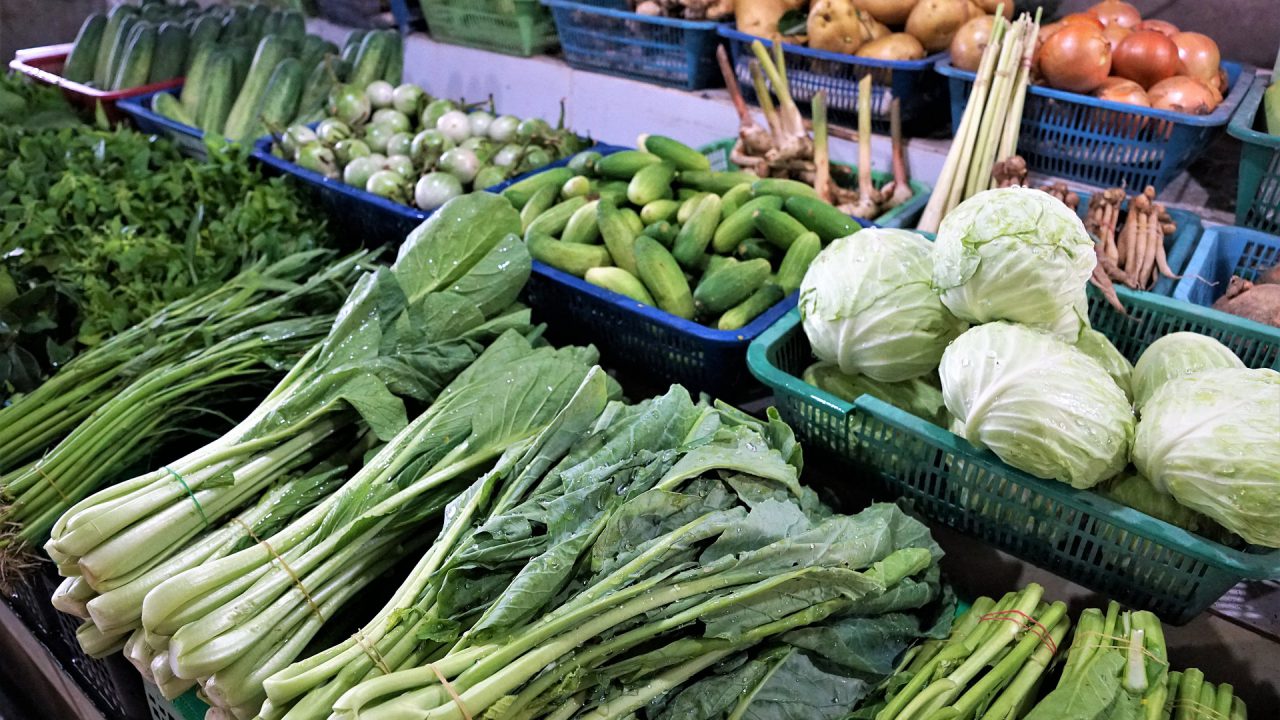Irish households are still spending an extra €200 on their grocery shop, despite the return of hospitality.
Kantar has released its latest Irish grocery data for the period ending July 11.
The figures show that grocery market sales in the Republic of Ireland declined by 5.9% in the 12 weeks to July 11.
Meanwhile, in Northern Ireland, the market declined by 8.1% in the same time period, as Kantar compare sales against the exceptionally high grocery spending at the height of the first lockdown.
Grocery bills still higher than pre-pandemic
In the most recent four weeks, (Republic of Ireland) sales dipped by 3.6% as shoppers enjoyed warmer temperatures, renewed freedoms and the return of live sport, according to Kantar.
While the market is in year-on-year decline, sales remain strong compared with pre-pandemic times and the average household spent €189.98 more in the latest 12 weeks than the same period in 2019.
Emer Healy, retail analyst at Kantar, commented: “Whether you are a devoted football fan or not, the Euros 2020 certainly provided a welcome excuse to head out to newly reopened pubs and restaurants and reconnect with friends and family.
“The weather has been kind to us for once, allowing people to make the most of alfresco dining this month.
“Getting out and about more also means a little less time spent cooking meals from scratch at home.
“In the latest four weeks, consumers spent €4.8 million more on chilled convenience items like pizzas and prepared salads and €2.4 million more on chilled ready meals – a reversal of the behaviour we saw throughout national lockdowns.”
Online grocery sales declined for a second month in a row, with Healy explaining:
“With the vaccine rollout continuing and more restrictions lifting, we’re seeing a shift in one of the biggest trends of the pandemic in the online grocery market.
“Online sales dipped by 6.1% in the latest four weeks as shoppers reduced the size of their orders.
“This trend is most pronounced in urban areas where shoppers have more options to pop to local shops – online sales dropped a much bigger 24% in Dublin this month.
“It’s an early indication that city and country may move out of the pandemic slightly differently.”
Supermarket shares
SuperValu continued to hold the biggest share of the grocery market in the republic at 22.3% during the past 12 weeks.
Dunnes continues to achieve the highest spend per buyer out of the retailers and its average household spent €558.64 in the past 12 weeks.
Lidl achieved a record-breaking 13.1% market share this period and was the only retailer to convince its customers to spend more on branded products than last year.
Tesco remains Northern Ireland’s largest grocer, increasing its sales by 5.2% compared with the previous year and benefiting from shoppers picking up two extra items each visit to the store.
Lidl is the fastest growing retailer in Northern Ireland, with sales 13.5% higher than last year.
